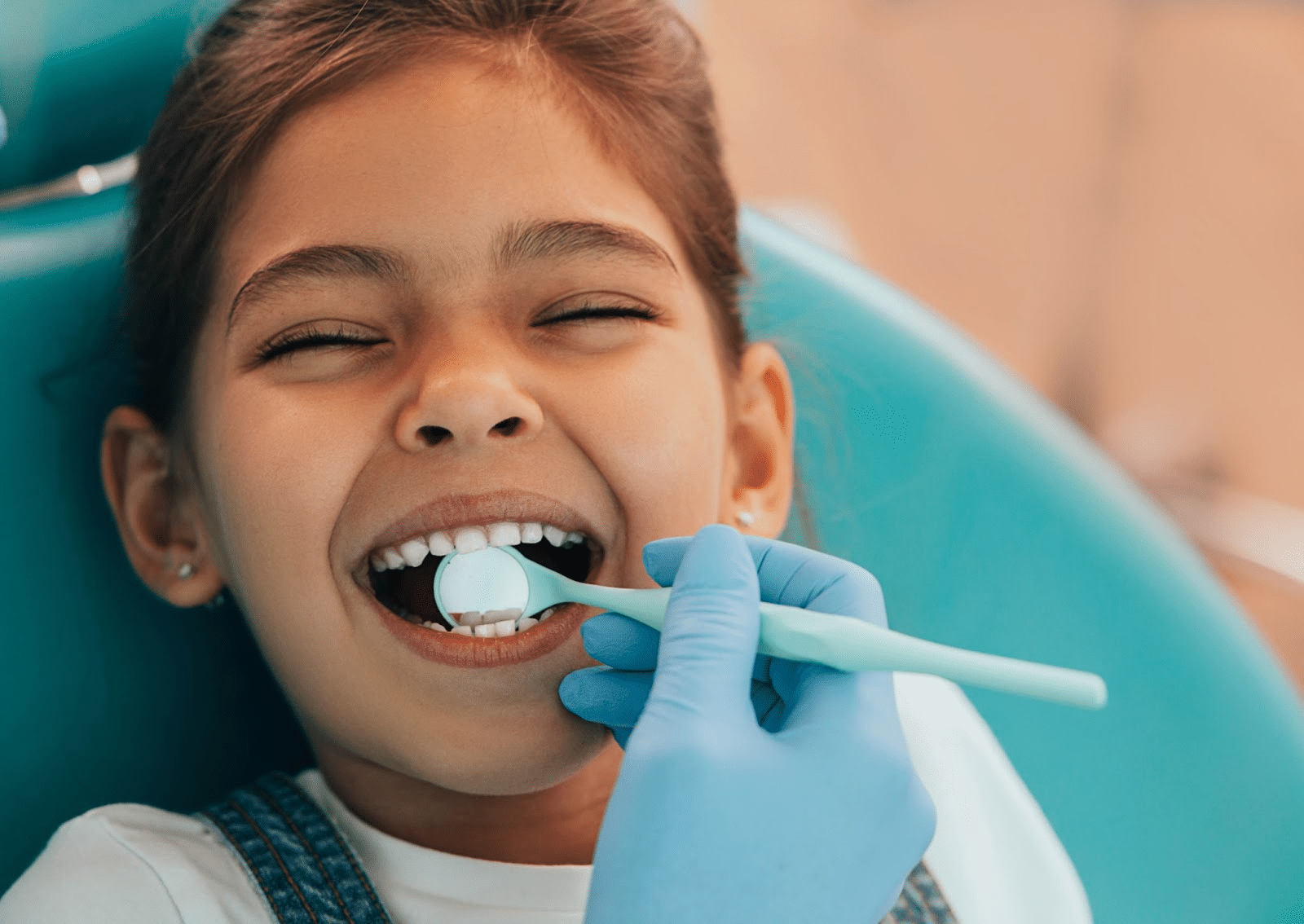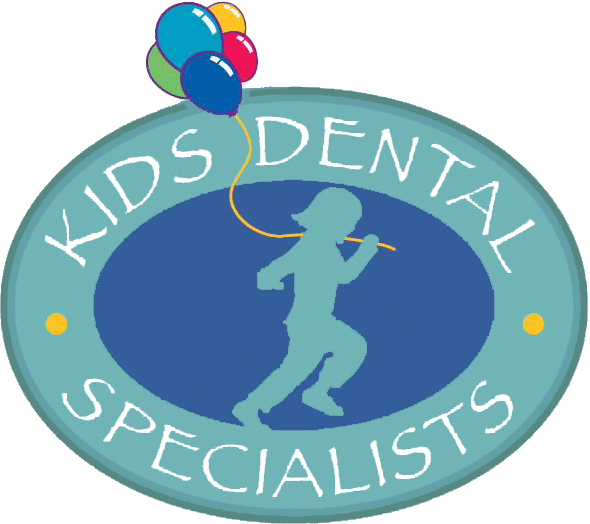The brushing and flossing of teeth might be the first things to come to mind related to “dental care,” but many other factors contribute to a healthy mouth. Don’t forget to visit our Facebook!
Diet: Feed your child a nutrient-rich diet. Avoid sugary drinks. Sugar harms overall health and feeds mouth bacteria. Limit constant snacking. Each meal gives bacteria a fresh food source. Bacterial acids can erode gum tissue, tooth enamel, and bone.
Oral habits: Childhood habits can affect teeth alignment. Use an orthodontically correct pacifier. This can reduce the risk of deformities. For thumb sucking, consult a pediatric dentist for strategies.
General oral hygiene: Don’t clean pacifiers or toys by sucking on them. This can transmit harmful oral bacteria. It may increase the risk of cavities and tooth decay. Use warm water to rinse these items instead.
Sippy cup use: Sippy cups help transition from bottles to adult glasses. However, they can harm dental health. Sugary liquids constantly swishing in the mouth produce acid. This erodes tooth enamel. Phase out sippy cups around age one. Aim to stop use by the first dental visit.
Brushing: Help your child brush twice daily. Use a soft-bristled brush and pea-sized toothpaste amount. For babies, rub gums with a clean cloth after feeding. At age seven, children can usually brush independently. Always use ADA-approved toothpaste. Use non-fluoridated for under two, fluoridated for older.
Flossing: Areas between teeth are prone to cavities. Help your child floss regularly. A pediatric dentist can teach proper technique. They can also suggest ways to make flossing fun.
Fluoride: Fluoride balance is crucial for dental health. Too little can cause decay. Too much leads to fluorosis. The right amount prevents mineral loss and promotes enamel remineralization. Your dentist can assess fluoride intake and provide guidance.






